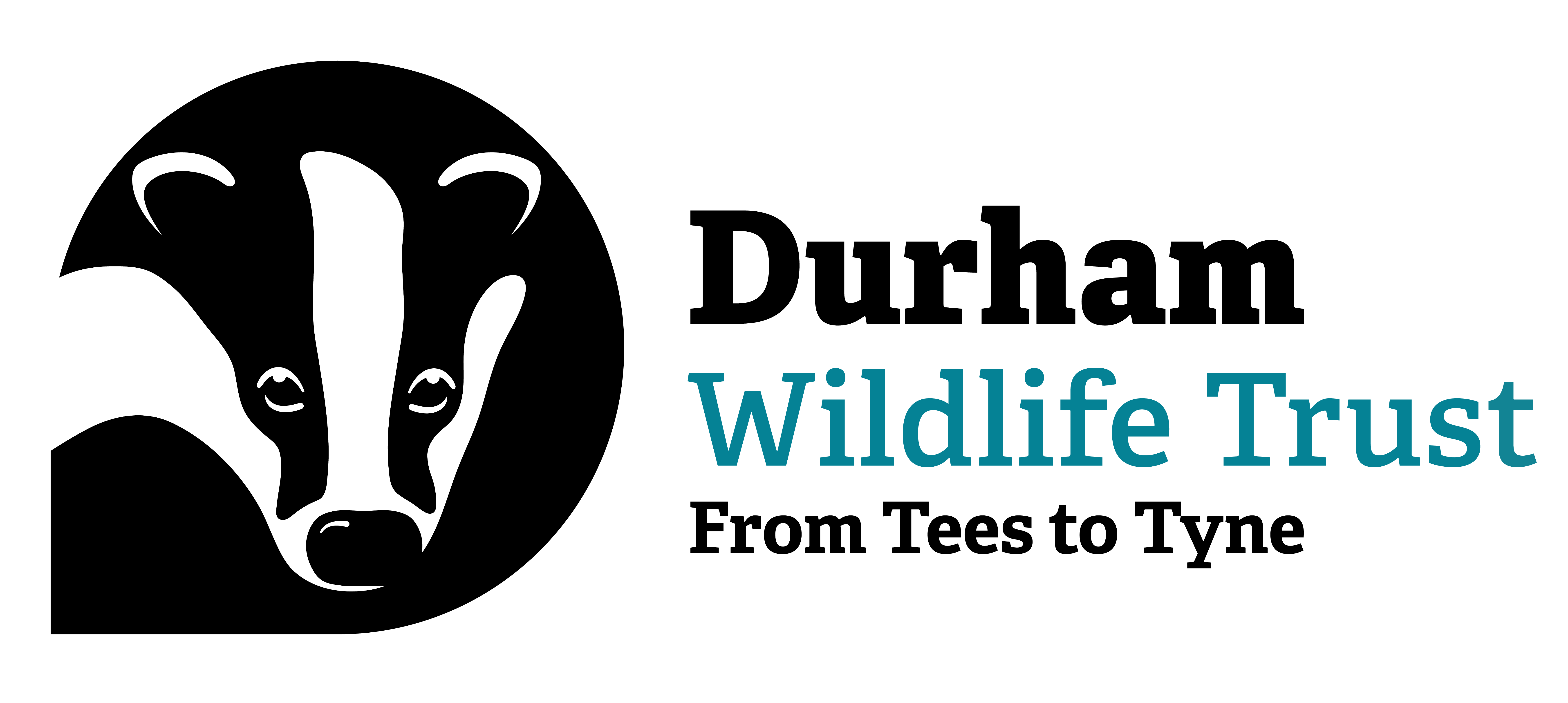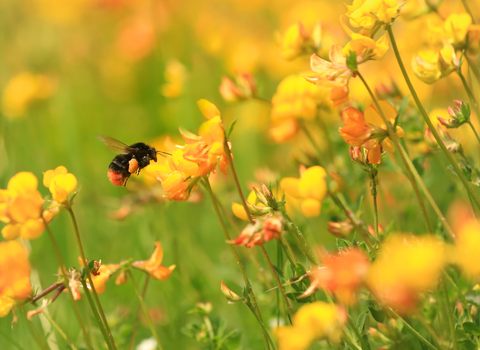The Wildlife Trusts are calling on the UK Presidency of the global climate conference COP26 to tackle the nature crisis alongside the climate emergency – or neither will be solved. Today the charity publishes a COP26 edition of its nature-based solutions report, Let Nature Help. It explains how climate change is driving nature’s decline, whilst the loss of wildlife and habitats leaves us ill-equipped to reduce emissions and adapt to a changing world.
Craig Bennett, chief executive of The Wildlife Trusts, says:
“Net zero needs nature. Nature needs net zero. Both need to be resilient to the climate of the future. Nature’s fantastic ability to trap carbon safely and provide other important benefits is proven – peatland, woodland, saltmarsh and other wild habitats are vital carbon stores. But these natural places are in decline and face even greater risk of degradation from the extreme climatic conditions that are already inevitable over the next 30 years. It’s becoming a vicious spiral of damage – one that has to be stopped right now.
“In addition to the urgent task of cutting emissions at source, we need to see an enormous rise in the amount of land and sea that’s protected for nature – and increase it to at least 30% by 2030. Also, the Government must embed climate action – mitigation and adaptation – across every department and take urgent steps to stop carbon-emitting activities such as new road building, peat burning and trawling the seabed.”
During COP26 The Wildlife Trusts will host live daily updates online on key issues. There will also be a panel event, Let Nature Help, on Sunday 7th November at 7pm chaired by The Wildlife Trusts’ chief executive, Craig Bennett, sign up here. Guests include:
- Baroness Brown of Cambridge, chair of the Climate Change Committee's Adaptation Committee
- Holly Owens, Young Leader at Scottish Wildlife Trust
- Professor Nathalie Seddon, Director of Nature-based Solutions at Oxford University
The Wildlife Trusts have a list of things people can do about climate change online ranging from choices about the food we eat, the way we travel and how to stop homes overheating.
Kathryn Brown, Director of climate action at The Wildlife Trusts, says:
“There are simple and easy things that we can all do to reduce our carbon footprint, adapt to climate change and make a big difference to the natural world – such as to reconsider what we eat, how we travel and how we use resources like water and energy.
“We can also help nature and do ourselves a favour by planting more around our homes to lower high summer temperatures and soak up floodwater – and reduce the amount of water we use to help save our precious rivers and the wildlife that depends on them.
“The Government largely treats mitigation and adaptation separately – but they must be considered together because adaptation is fundamental to reaching net zero. We need to see policies to improve the resilience of natural carbon stores – such as reducing the risk of wildfire, addressing the threats to freshwater habitats, and giving guidance on managing woodlands and farmland during hot weather and drought.”

